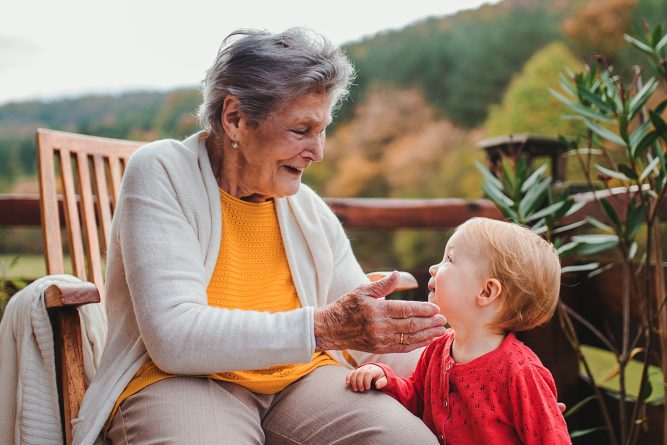RSV is a common virus that usually causes mild, cold-like symptoms. However, it can be extremely dangerous for young children and adults over the age of 65. If you, your child, or an elderly family member experience any of these symptoms, it is important to seek medical attention immediately.
What You Need to Know
Overview
Respiratory syncytial virus (RSV) causes infection of the lungs and breathing passages and can cause inflammation of the throat, lethargy, radically diminished energy, and low oxygen levels that can become life-threatening ?in people who are high risk.
Age Matters
RSV is more dangerous among children younger than the age of 5 years and adults of age 65 and older.
Leading to Bronchiolitis
RSV is the most common cause of bronchiolitis (inflammation of the small airways in the lung) and pneumonia (infection of the lungs) in children younger than 1 year of age in the United States.
RSV Has a Peak Season
December to February is the peak season for RSV to be contracted, so make sure you take extra precaution during that time.
Babies Are Especially at Risk
Most babies have been infected at least once by the time they are two years old. Babies can also be re-infected with the virus anytime. Infection in older children and adults may have similar symptoms to an ordinary cold, but for a young baby, it can be more like an episode of severe asthma. Babies born prematurely or with heart, lung, or immune system diseases are at increased risk for more severe illness
More Need to Knows
Common Symptoms
Symptoms include runny nose, coughing, fever, loss of appetite, and breathing difficulties.
Risk Factors
A child is more at risk for RSV if he or she is around other people with the virus. RSV often occurs in yearly outbreaks in communities, classrooms, and childcare centers, so if your child is diagnosed with RSV, keep them home. RSV is more common in winter and early spring months.
When Do Symptoms Start?
Symptoms start about two to five days after contact with the virus. The early phase of RSV in babies and young children is often mild, like a cold. In children younger than three years old, the illness may move into the lungs and cause coughing and wheezing. In some children, the infection can turn into a severe respiratory disease. Your child may need to be treated in the hospital to help with breathing.
When to Seek Medical Attention
You should get medical help right away if your child has trouble breathing or very fast breathing, is very drowsy, and or has lips or fingernails that look blue.
Make sure your child receives all recommended vaccines. Immunizations won’t prevent your child from getting a cold, but they will protect your child from some of the complications a cold can cause. If anyone in the household is a smoker, avoid smoking in the same room, or enclosed space with your child. Exposure to tobacco smoke can increase the risk of RSV illness.
![NL Wordmark [Gradient] NL Wordmark [Gradient]](https://www.nextlevelurgentcare.com/wp-content/uploads/elementor/thumbs/NL-Wordmark-Gradient-7fm1iv6f0zylwqrxpy8kifrnrzsluqzzzofvqvs6smo.png)
